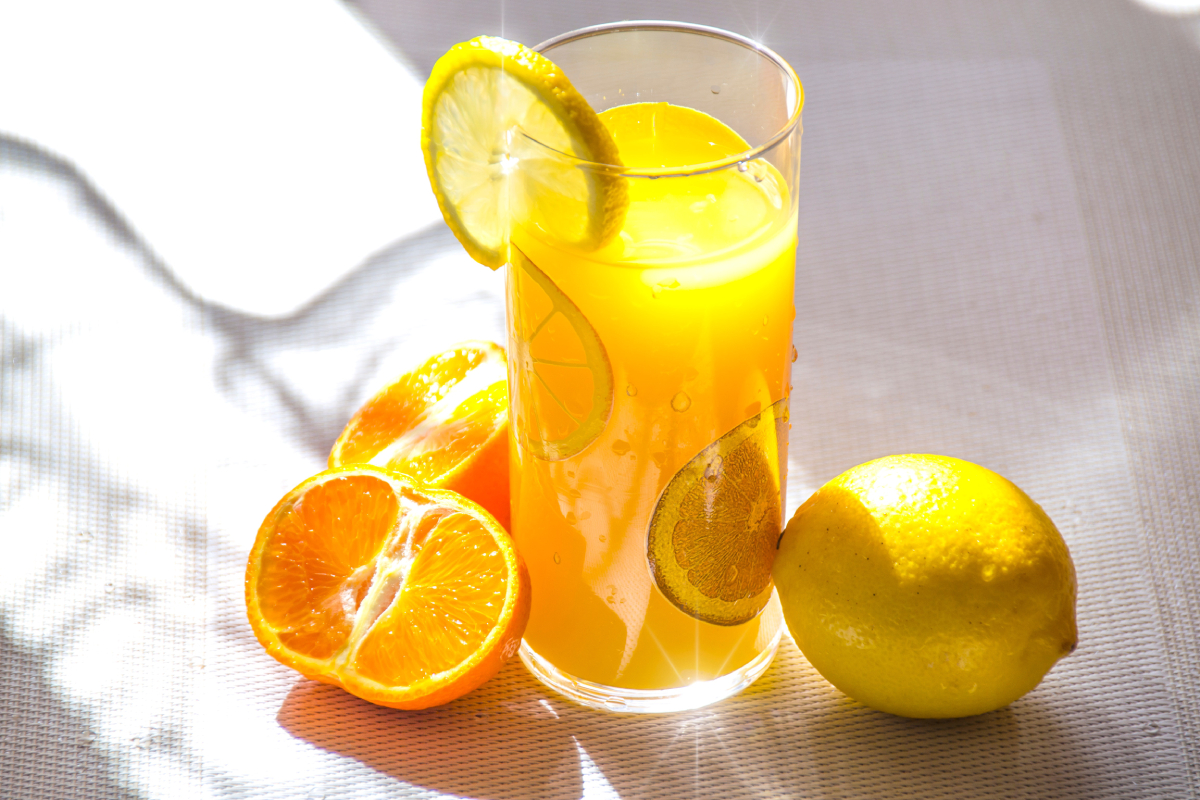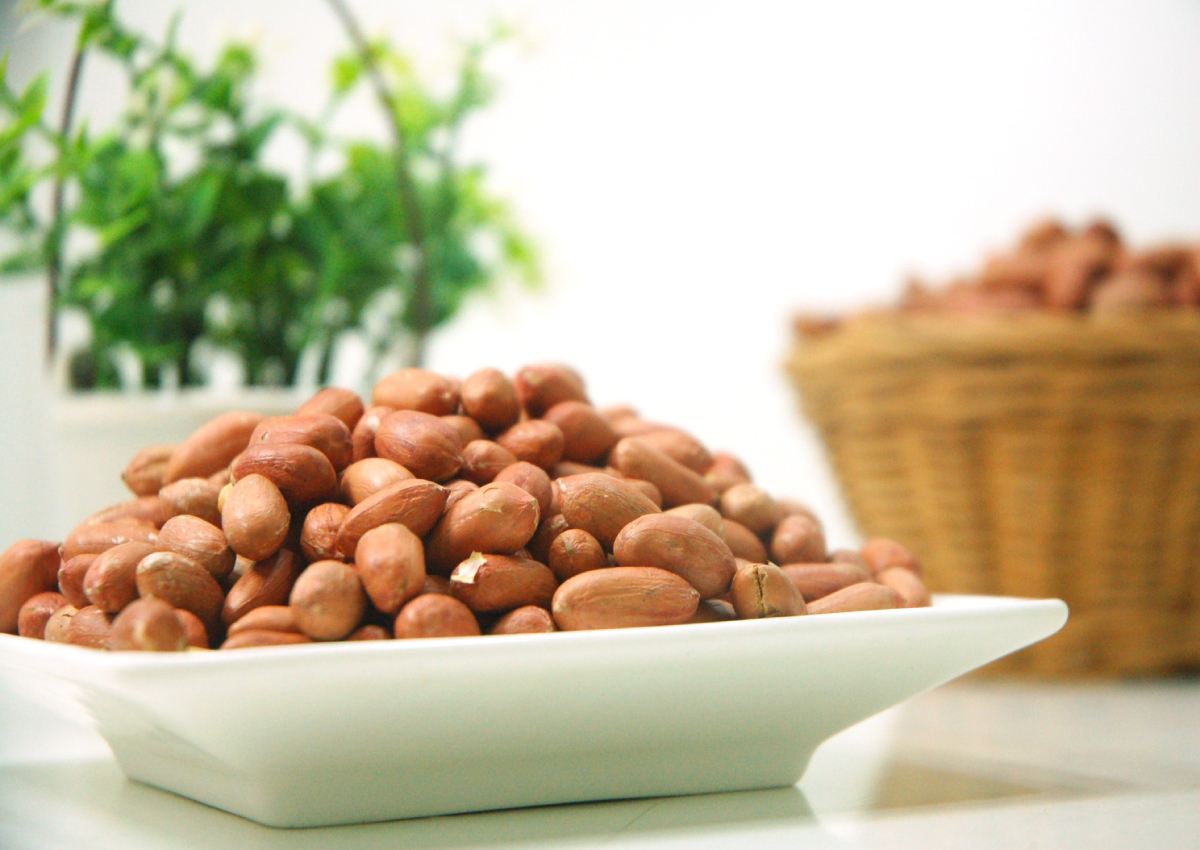Unexpected and sneaky things that can make you gain weight

You know that eating junk food and not exercising are obvious causes of weight gain. You might be very conscious about your diet, skip supper, and even manage to work out a few times each week.
Yet, in spite of all your conscientious efforts, you just can’t seem to keep your weight down. Why is that?
The truth is, there is more to weight loss than just keeping score of your calorie intake.
The reasons can lie in unexpected places, from innocuous ingredients within your diet that are causing more harm than good to your lifestyle habits.
When it all adds up, it keeps you from shedding the extra baggage. Here are some sneaky saboteurs that may be causing your weight gain.
1. SLEEPING WITH THE LIGHTS ON

A new study has found that even if you clock the optimum amount of sleep, sleeping with the lights or TV on might nevertheless cause weight gain.
This is possibly because the absence of darkness prevents you from going into deep sleep, which is necessary for memory and overall learning, increasing blood supply to muscles, boosting the immune system, cell regeneration, and repairing and growing tissues and bones.
Without deep sleep, you may wake up feeling even more tired and crave a big high-calorie breakfast to replenish your energy, thus standing a higher chance of gaining weight. So be sure to turn the lights out before you hit the sack.
2. FRUIT JUICES AND SMOOTHIES

Fruit juices and smoothies can contribute a lot more calories than you expect.
Because of their high sugar content (fructose), they can make your blood sugar spike and dip very quickly, causing fluctuations in your insulin level and making you crave more sugar after you crash.
Fructose, found in fruit juices and flavoured yoghurt, stimulates insulin, telling the body to convert calories into fat.
Plus, one cup of fruit juice uses more fruit than you’d normally consume, with all the nutrients and fibre blended out. You’re better off eating a piece of fruit and reaping its benefits instead.
3. NUTS

Nuts have a justifiably good reputation as a healthy snack. They are packed with vitamins and minerals, healthy fats, protein, antioxidants and fibre.
But the daily recommended amount of nuts is no more than a handful (i.e. 20 almonds or 15 cashews). And when was the last time you kept to just one serving of nuts?
Good fat is still fat, and can still add to your waistline. Portion out your serving sizes or buy prepackaged 100-calorie packets if you want to stick to your calorie count, because those can add up quickly when it comes to nuts.
4. ENERGY BARS
Unless you’re eating these in place of a meal, be mindful of having them as a snack. Most energy bars contain about 200-250 calories, more than a snack should contain, and are loaded with sugar.
The high levels of sugar can send your body into storage mode, converting them into glucose that stays in the bloodstream instead of getting expended as energy.
5. PEANUT BUTTER
Yet another irresistible item that we tend not to realise we’re over-eating. Peanut butter is calorie-dense, and its savoury flavour makes it hard to stop at just one tablespoon.
But two tablespoons of peanut butter contain about 220 calories, more than a snack’s worth. So go easy on the dipping, even if you’re having apple slices or celery sticks.
6. FATIGUE
Insufficient sleep can be a contributing factor to weight gain.
For one, sleep suppresses the hunger hormone leptin (which regulates appetite and metabolism), so when you’re up late, you tend to go on a fridge raid. For another, lack of sleep makes you crave high-fat and high-carb comfort foods, so your snack choices won’t be the smartest.
Plus, you’re less active at night, so all the calories you consume will be stored as fat instead of getting expended through physical activity.
Sleep deprivation can also mess with your hunger hormones the next day, making you more prone to having a salty bagel for breakfast.
7. STRESS

Stress is almost unavoidable in our fast-paced society. But chronic stress can be really taxing on the body and contribute to inflammation and, in turn, weight gain.
Stress stimulates our body’s production of cortisol, the stress hormone that raise insulin levels, causing blood sugar to dip and you to crave fatty or sugary foods high in calories.
This is why we tend to turn to comfort foods when we are stressed. Eating offers solace to us when we’re stressed because our brain releases chemicals in response to food that directly calm us.
The solution would be to get to the heart of the problem and manage stress instead of giving in to our cravings and then desperately try to run it off on the treadmill.
This article was first published in Her World Online .